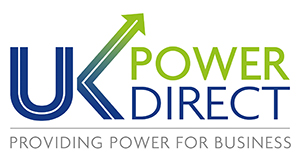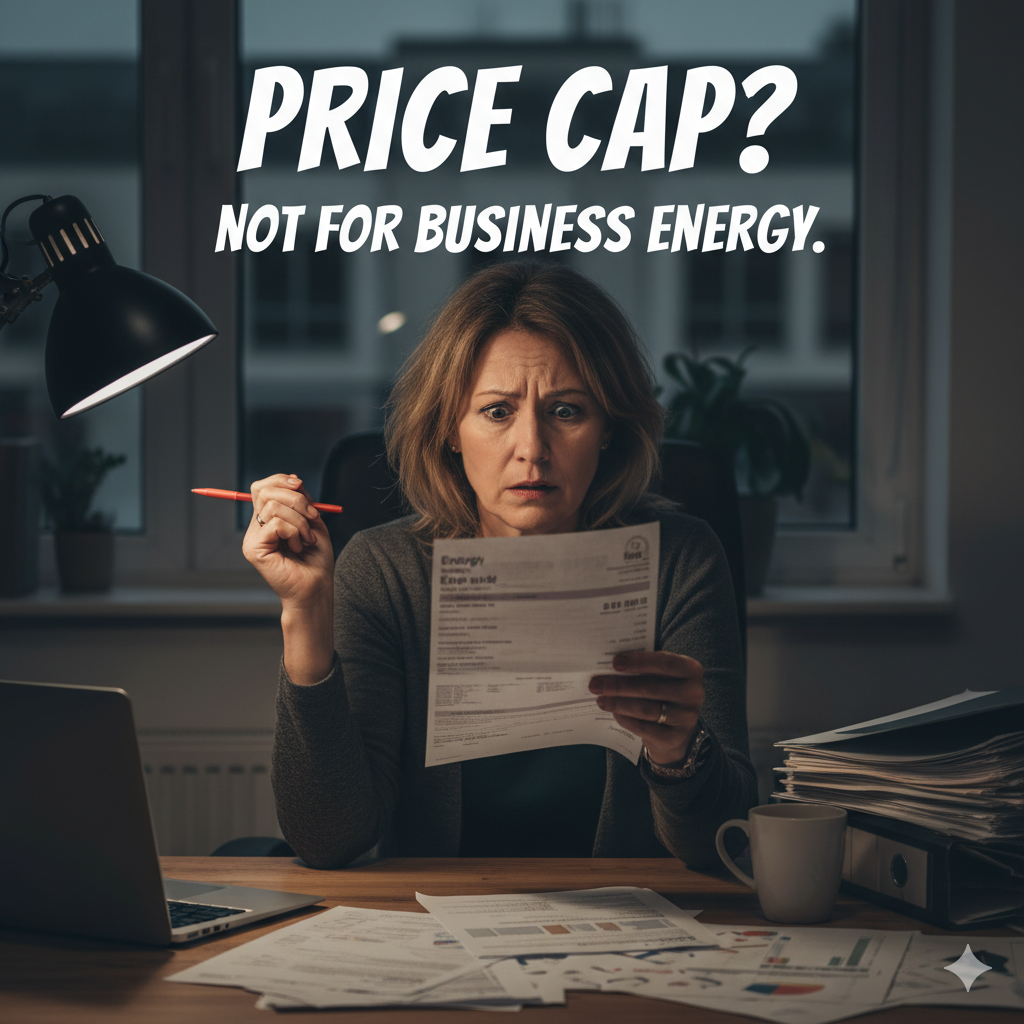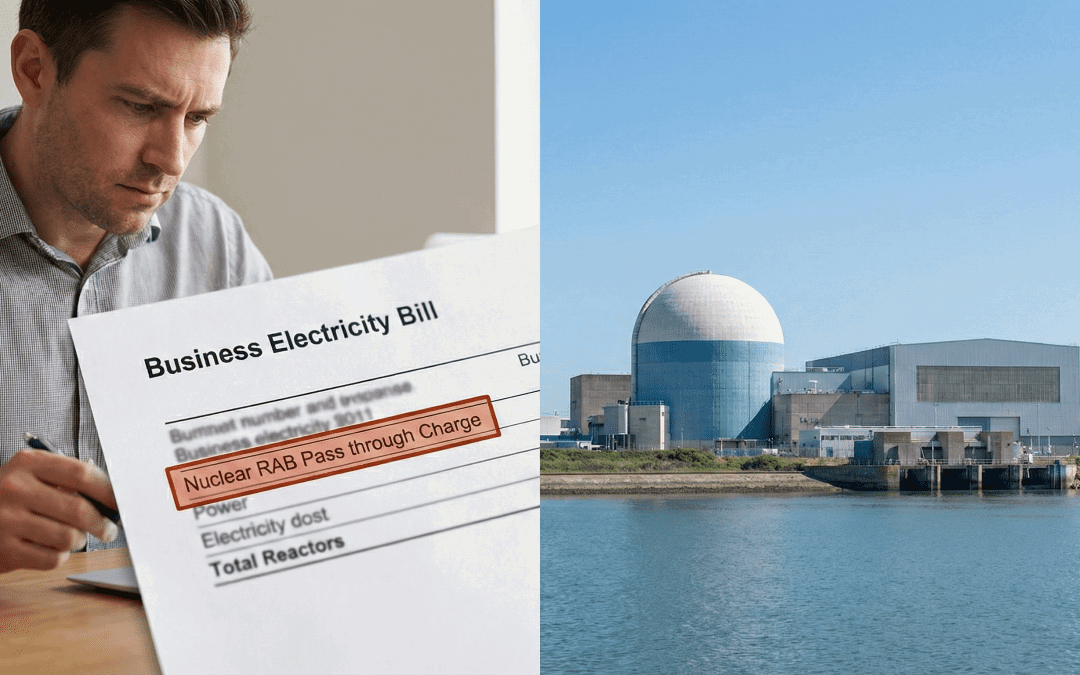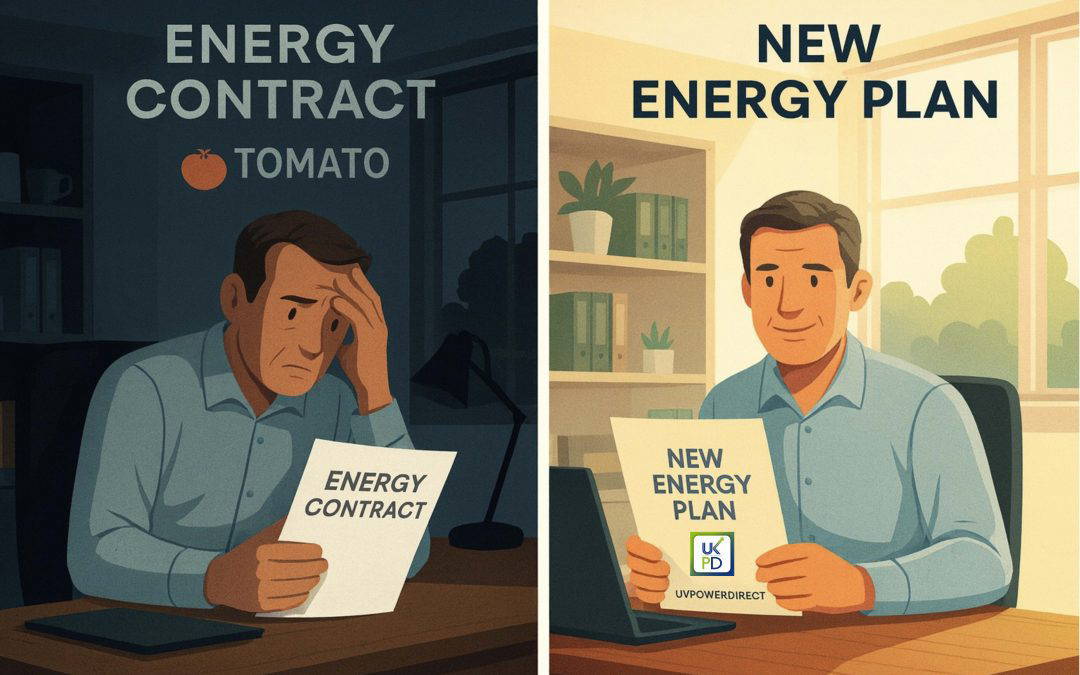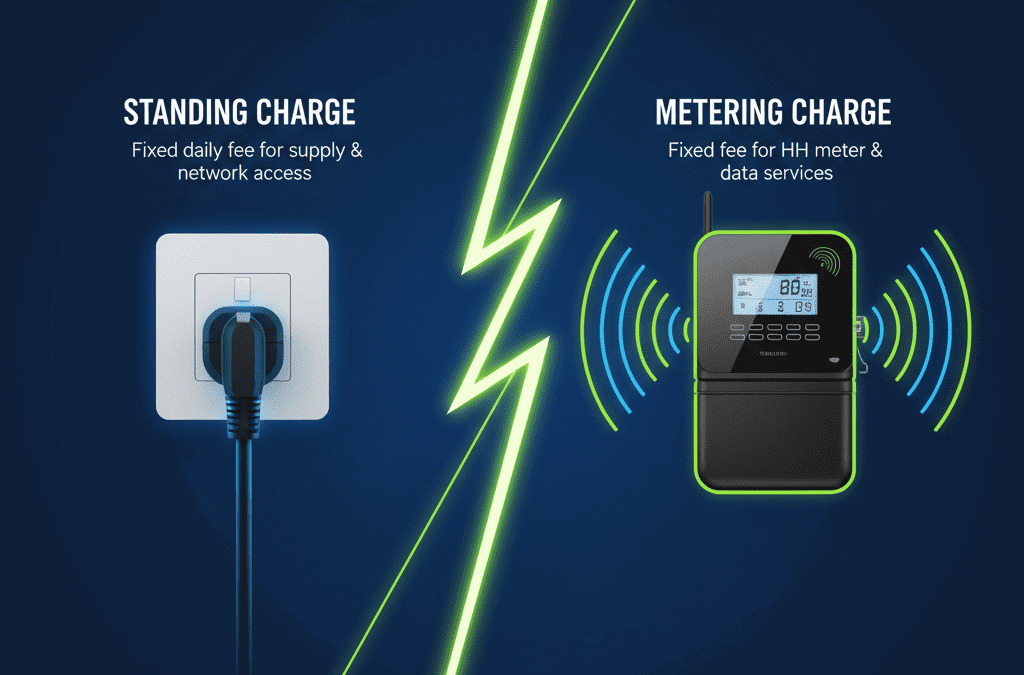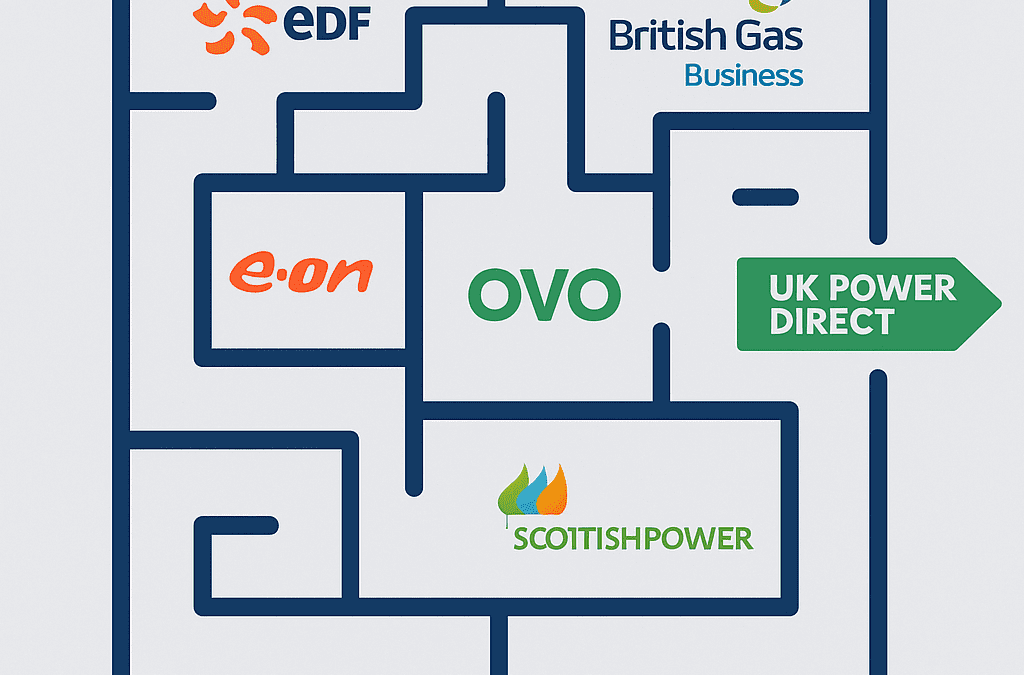The Energy Price Cap vs Business Energy Bills: Clearing the Confusion
If you’ve been running a business recently, chances are you’ve heard about the “energy price cap” in the news. But here’s the truth: most of the headlines you see are about household energy bills — not business contracts. And that confusion can leave business owners thinking they’re protected when they aren’t.
Let’s cut through the jargon and get clear on what the price cap means (and doesn’t mean) for your business.
What is the Energy Price Cap?
The energy price cap is a government policy that limits how much suppliers can charge domestic customers per unit of gas and electricity. It’s set every three months by Ofgem, the UK’s energy regulator.
Key point: It only applies to households.
What the Price Cap Doesn’t Do
- It does not apply to businesses — whether you’re a sole trader, a café, or a large manufacturer.
- It doesn’t cap your total bill, just the unit rates for domestic customers.
- It doesn’t control commercial standing charges, day/night rates, or contract structures.
For businesses, energy is still bought on the open market, and prices vary widely depending on your usage, timing, and supplier.
What This Means for Your Business
If you’re waiting for the next “price cap update” to bring your costs down, you’ll be waiting forever. Business energy bills don’t follow the cap. Instead, they follow:
- Wholesale market prices
- Contract length (12, 24, 36 months, etc.)
- The structure of your tariff (fixed, flexible, day/night rates)
- Your consumption profile
How I Help as Your Broker
This is where having a trusted partner makes a real difference. I:
- Monitor wholesale market trends to spot opportunities to lock in better rates.
- Compare like-for-like tariffs so you can see the real costs, not just the headline rates.
- Break down your bill in plain English so you understand where every pound goes.
- Act as your shield from the noise of cold calls and misleading “price cap” claims.
Bottom Line
The price cap might dominate the news, but it has no bearing on your business energy bill. The only way to take control is by reviewing your contracts, understanding your usage, and making informed choices. That’s where I come in.
If your renewal is coming up — or if you just want clarity on what you’re really paying — let me run a quick 10-second bill check. It could be the start of saving thousands and cutting through the confusion once and for all.
